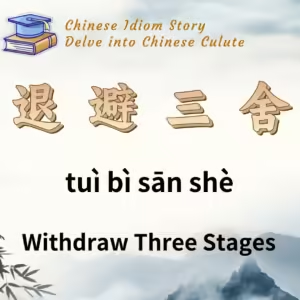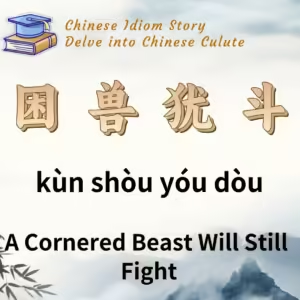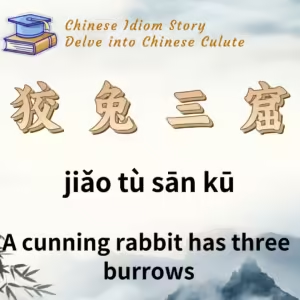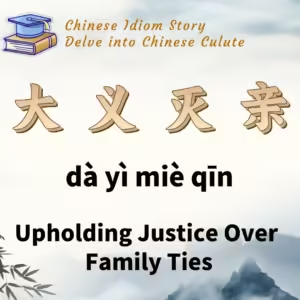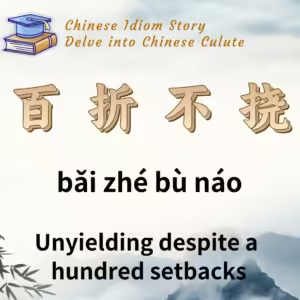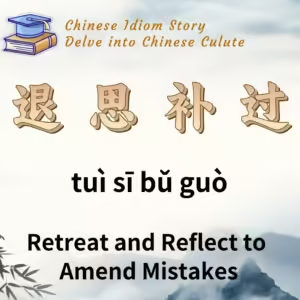
Chinese Idiom: 退思补过 (Tui Si Bu Guo)
English Translation: Retreat and Reflect to Amend Mistakes
pīn yīn: tuì sī bǔ guò
Idiom Meaning: Originally referred to the practice of examining one’s words and actions after a court session to correct mistakes; it is now often used to signify the need to reflect on one’s conduct after an event to identify any wrongdoing and promptly amend it.
Historical Source: Zuo Tradition (左传) – Year Twelve of Duke Xuan
Idiom Story:
In 597 BC, during a conflict between the Jin and Chu states, the Jin army suffered a defeat. The commander of the Jin army, Xun Linfu, returned to the Jin state with the defeated troops and requested to be executed by Duke Jing of Jin. Just as the duke was about to agree, the minister Shi Zhenzi advised against it. He presented several reasons, saying, “Linfu has always been loyal to the ruler. He reflects on his actions and seeks to correct his mistakes, serving as a pillar for the state. How can you kill him? His defeat is merely a temporary setback, like the eclipses of the sun and moon, and does not diminish their brightness.”
The essence of this statement is that Xun Linfu has always been a loyal subject who, after facing adversity, examines his actions and seeks to remedy his mistakes, making him a vital asset to the nation. The defeat should not warrant his execution, as it is a transient occurrence that does not detract from his overall merit.
As a result, the phrase “退思补过” evolved into a widely recognized idiom, emphasizing the importance of self-reflection and the correction of errors in the aftermath of events.

